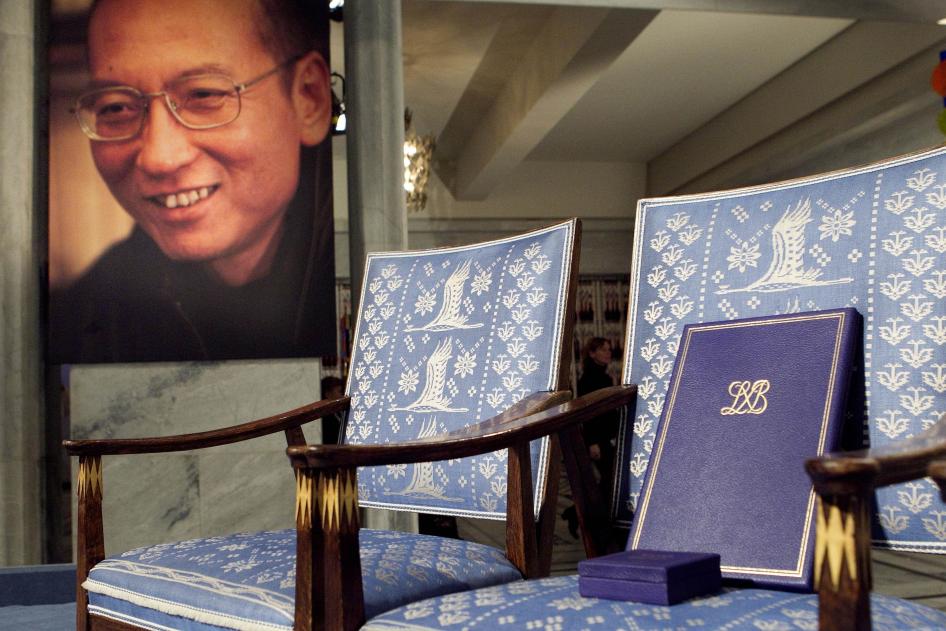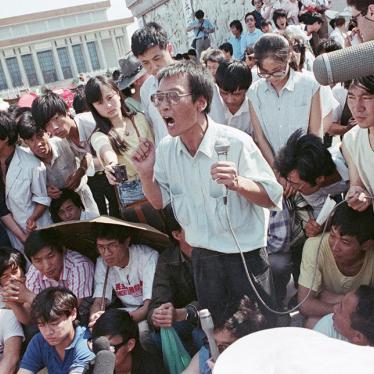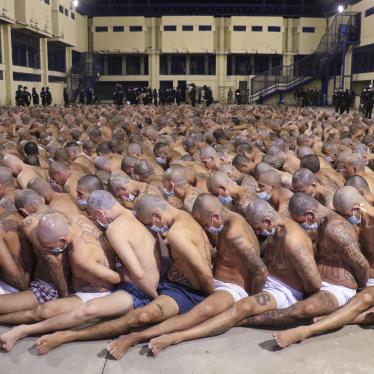Tomorrow marks the sixth anniversary of Liu Xiaobo’s death. The 2010 Nobel Peace laureate died from complications of liver cancer on July 13, 2017, in a hospital in Liaoning province while guarded by state security forces.
Liu was a Chinese literary critic and leader in the 1989 pro-democracy Tiananmen Square protests. He was imprisoned three times for his peaceful criticism of the government. But relentless persecution deepened rather than dampened his commitment to promoting human rights across China. In 2009, he was sentenced to 11 years in prison for “inciting subversion,” charges stemming from his involvement in drafting Charter 08, a pro-democracy manifesto. Responding to the charges, he wrote, “there is no force that can put an end to the human quest for freedom, and China will in the end become a nation ruled by law, where human rights reign supreme.”
In the years since his death, Chinese activists and ordinary citizens alike have proven this time and again.
In 2019 and 2020, millions of Hong Kong people took peacefully to the streets to challenge authorities’ efforts to weaken the rule of law. Dozens of human rights lawyers have worked to advance freedom of expression and association through the legal system. In late 2022, after three years of arbitrary lockdowns under Chinese leader Xi Jinping’s “zero-Covid” policy, spontaneous protests erupted across China and within Chinese diaspora communities around the world calling for an end to the harmful restrictions and lack of accountability under the policy. Tibetans and Mongolians have protested the removal of mother-tongue education from schools, while feminists challenge sexual harassment, domestic violence, and workplace discrimination. And the Tiananmen Mothers continue to mark the massacre’s anniversary every June 4.
Chinese authorities have responded to this activism with greater repression, deploying fear and cruelty to quash any challenges to their rule. Liu cautioned that such an approach would only prolong resistance, arguing instead for an environment in which “all political views will spread out under the sun for people to choose from, where every citizen can state political views without fear, and where no one can under any circumstances suffer political persecution for voicing divergent political views.”
Beijing would do well to heed his advice.










